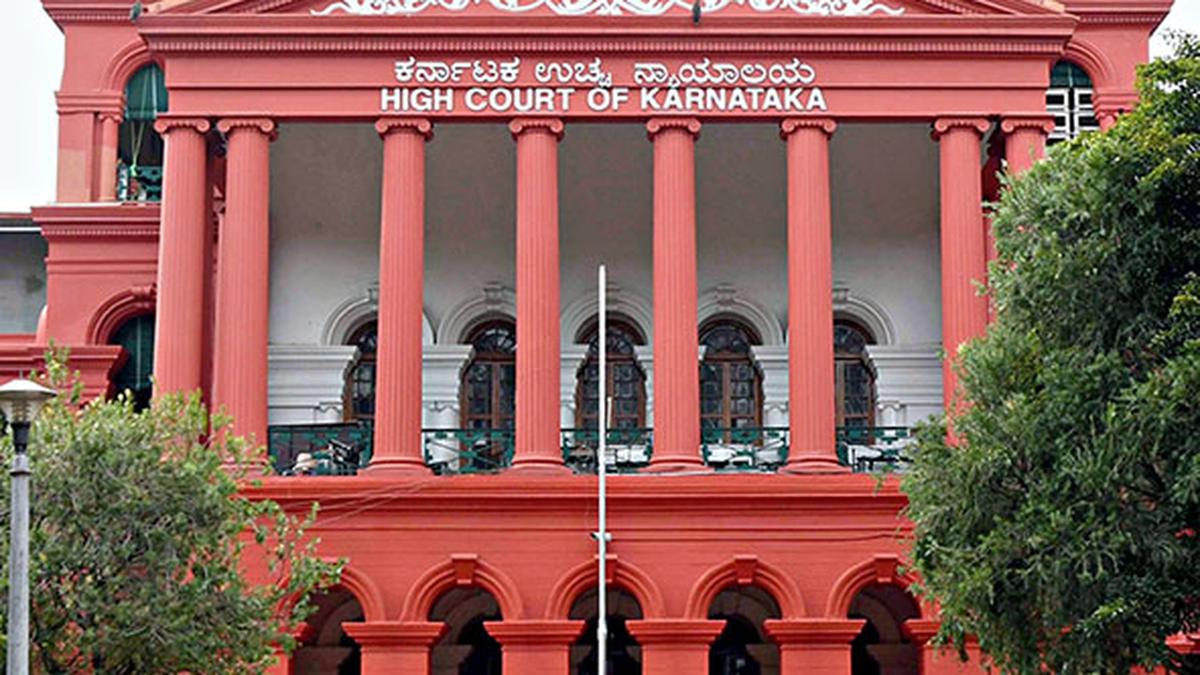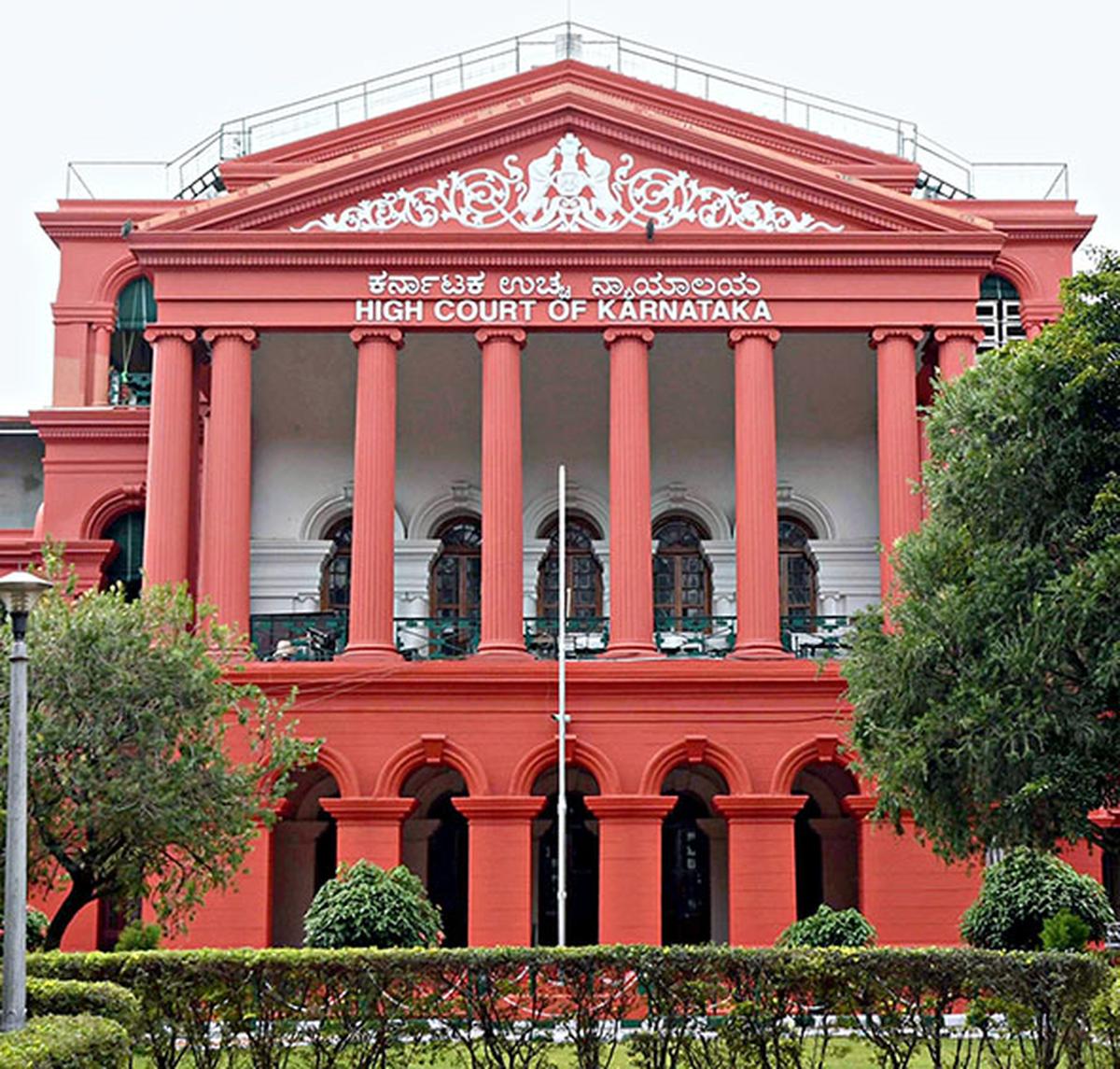The Karnataka Social and Educational Survey has sparked a major legal debate, with a petitioner claiming that the ongoing data collection exercise violates citizens’ right to privacy. Filed in the High Court, the petition argues that the scope of information being sought—covering caste, religion, occupation, income, and other personal details—is intrusive and unconstitutional. The petitioner stated that such questions go beyond the government’s administrative requirements and infringe on fundamental rights. The challenge has drawn wide public attention, as it raises questions about the balance between governance needs and individual freedoms in a democratic framework.
According to the petition, the survey’s structure could pressure individuals into revealing sensitive information they may not wish to disclose. It further alleged that enumerators were seeking details without adequate safeguards on data confidentiality, creating the risk of misuse. Concerns were raised about the absence of transparent policies on data storage, processing, and sharing, particularly at a time when privacy has become a central legal and social issue in India. The petition stressed that, unless the government clearly explains the purpose and safeguards, the survey could amount to state overreach, undermining trust in institutions.
In response, the Karnataka State Backward Classes Commission, which is conducting the survey, strongly refuted the allegations. Officials clarified that participation is voluntary and there is no compulsion to disclose information one is uncomfortable with. They emphasized that the data collected will be used only for socio-educational planning and policy design, not for political or commercial purposes. The Commission stated that adequate measures have been put in place to ensure confidentiality and that misinformation was creating unnecessary fear among the public.
Commission’s Stand
The Commission said individuals are free to leave questions unanswered, stressing there is no coercion. Officials assured that enumerators have been instructed to respect privacy and avoid pressuring respondents.
It further noted that the information gathered is for welfare policies, not for surveillance. Officials added that data will be anonymized and used only for statistical analysis.
Legal experts emphasized that the petitioner’s claim rests on the Supreme Court’s landmark 2017 judgment recognizing the right to privacy as a fundamental right. They argued that any large-scale data collection exercise must meet strict constitutional tests of legality, necessity, and proportionality. According to lawyers, the government must justify why sensitive details are required, explain how they will be safeguarded, and ensure that citizens are not coerced. Without these conditions, they warned, the survey risks being struck down as unconstitutional. The petition thus reflects growing concern over data governance and state accountability in India.

The petitioner also questioned the timing and scope of the survey, alleging that political motives might influence its design. Critics argued that collecting information on caste, religion, and income during a politically sensitive period could lead to misuse, particularly in shaping electoral strategies. They cautioned that, without robust legal safeguards, data could be weaponized to divide communities or reinforce existing hierarchies. While the Commission has rejected such fears, analysts note that public skepticism is heightened by the lack of transparent communication on why specific details are sought and how anonymity will be ensured.
Supporters of the survey contend that socio-educational data is critical for shaping welfare policies. They argue that without accurate statistics on caste distribution, literacy levels, and income gaps, the government cannot design effective schemes for backward classes and marginalized groups. For instance, targeted scholarships, housing schemes, and job reservations require reliable information on community needs. According to pro-survey voices, the exercise is therefore not an intrusion but a necessity to deliver justice and ensure equitable distribution of state resources.
Civil society groups, however, countered that the government must prioritize building trust through transparency. They suggested publishing a detailed white paper explaining the purpose, methodology, and privacy safeguards of the survey before expanding its scope. Activists noted that public mistrust often arises when the state appears secretive or fails to engage citizens meaningfully. By involving community organizations, data protection experts, and independent observers, the Commission could make the process more participatory. This approach, they argue, would reduce suspicion and strengthen both the credibility and legitimacy of the survey.
Technology specialists highlighted that data security is a pressing issue. They warned that without robust encryption, secure storage, and restricted access protocols, sensitive information could be vulnerable to leaks or misuse. Citing past incidents of government databases being hacked or improperly shared, experts stressed that the Commission must publish clear protocols on how long data will be retained, who can access it, and how it will be anonymized. They argued that technical safeguards must be as strong as legal safeguards to prevent breaches and ensure long-term protection of personal information.
Government officials reassured the public that confidentiality is central to the survey’s design. They said enumerators have been trained to explain that respondents are free to skip uncomfortable questions. The Commission also clarified that all collected data would be aggregated for statistical analysis, not linked to individual households. Officials insisted that misinformation had amplified fears unnecessarily and that strict monitoring is being enforced to prevent misuse. They added that India has a long tradition of conducting censuses and surveys, and the current initiative falls within that accepted administrative framework.
Political reactions to the controversy have been divided. Opposition leaders criticized the government for rushing into the exercise without building consensus or explaining safeguards. They alleged that ambiguity around the survey has eroded public trust and could lead to resistance. The ruling party, however, defended the initiative, describing it as a welfare-oriented program to ensure justice for marginalized communities. Ministers emphasized that the survey is being carried out by an independent Commission and not directly by the government, countering accusations of political interference. The issue has thus gained strong partisan undertones.
Community leaders offered mixed views. Some groups welcomed the exercise, arguing that enumeration of caste and socio-economic conditions would highlight historical inequalities and pave the way for more targeted welfare measures. Others expressed apprehension, fearing that caste-based data could be misused to deepen divisions or manipulate political narratives. Leaders stressed the need for clarity on how the results will be used, insisting that trust depends on transparency. They warned that any perception of bias could undermine the survey’s credibility and create fresh social tensions, especially in sensitive districts of Karnataka.

Academics pointed out that similar surveys have historically shaped public policy in India. They cited the Socio-Economic and Caste Census of 2011 as an example, though it faced criticism for inconsistencies and lack of follow-up action. Experts argued that lessons from past experiences should guide the current survey, especially in terms of accuracy, communication, and data use. They emphasized that while data is essential for policy design, poor execution can render it ineffective or even harmful. The success of Karnataka’s survey, they said, depends on addressing both technical and ethical challenges comprehensively.
Wider Reactions
Civil rights groups have expressed support for the petitioner, warning that sensitive data collection without robust safeguards risks erosion of individual freedoms.
At the same time, pro-survey voices argue that accurate socio-economic data is essential for designing targeted welfare measures and ensuring equitable distribution of resources.
Legal observers noted that the High Court’s decision in this case could set an important precedent. If the court rules in favor of the petitioner, it may force governments across India to rethink how surveys are designed and conducted. Courts could mandate stronger privacy safeguards, clearer purposes, and better communication with citizens. On the other hand, if the petition is dismissed, it may strengthen the government’s authority to collect sensitive information for welfare planning. Either way, the ruling will likely shape the future of data governance and individual privacy rights in India.
Ordinary citizens expressed mixed feelings about the controversy. Some respondents said they were willing to share information if it meant better access to welfare schemes, while others feared misuse of data or unwanted exposure of personal details. Many emphasized that trust in institutions is the deciding factor. Citizens are more likely to participate if they believe data will be used fairly and securely. However, doubts about transparency and political motives continue to fuel hesitation. The outcome of the court case is expected to influence public willingness to cooperate with the ongoing survey.
Analysts predicted that, beyond legal debates, the controversy could influence Karnataka’s political landscape. Parties may use the issue to position themselves as protectors of either individual rights or social justice, depending on their constituency. The debate reflects broader tensions between privacy and governance in India, where increasing digitization has raised new concerns about data security. Observers noted that how the government handles this controversy will shape public confidence in future welfare programs, surveys, and digital initiatives. The case is therefore seen as a defining moment for both Karnataka and India’s evolving democracy.

The Karnataka High Court has scheduled multiple hearings to carefully examine the petitioner’s claims and the Commission’s defense. Judges have asked detailed questions about the scope of the data being collected, the safeguards in place, and whether participation is truly voluntary. Legal analysts say the court may also examine whether the survey duplicates the functions of the national census, thereby creating constitutional overlap. The outcome could either halt the survey temporarily or allow it to continue under stricter conditions. A final ruling is expected to influence similar exercises across other Indian states.
Follow: Karnataka Government
Also read: Home | Channel 6 Network – Latest News, Breaking Updates: Politics, Business, Tech & More

